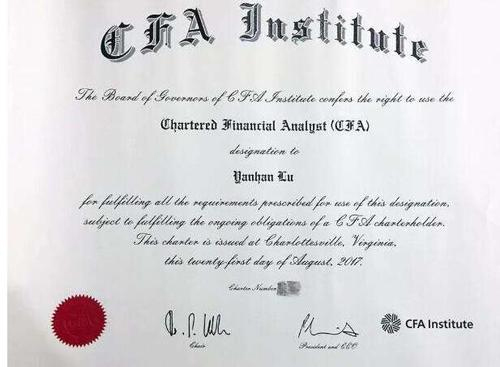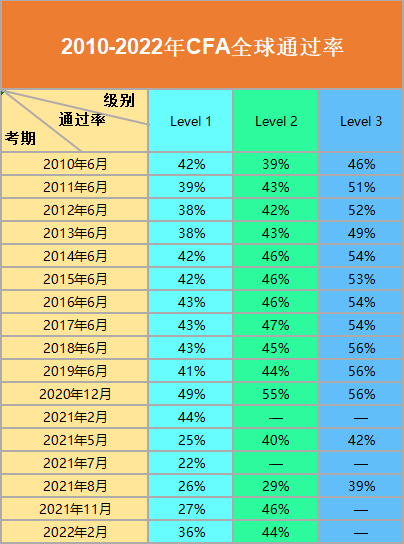Book Review: The Lunacy of Modern Finance Theory and Regulation
By Martin Fridson, CFA
The introduction of The Lunacy of Modern Finance Theory and Regulation reproduces the following headlines of Financial Times articles explaining short-term movements in stock prices:
“Wall St Rallies as Crude Tumbles” (4 November 2004) “Wall St Lower as Falling Oil Hits Energy Sector” (12 May 2005) As University of Melbourne senior lecturer Les Coleman points out, the well-respected Financial Times implies in one instance that a drop in crude oil prices causes stock prices to rise and in another that it causes them to fall. This illogic may faintly justify the “lunacy” in the title of Coleman’s book, but it is an example drawn from journalism, rather than financial theory or regulation, his primary targets.
To give him his due, Coleman does identify some interesting conundrums related to financial theory. For example, a fundamental economic principle maintains that the demand for a good declines when its price rises. Suppose, however, that leveraged hedge fund managers own a stock that goes up in price. Under the funds’ margin arrangements, the increase in price boosts their purchasing power, enabling them to buy more shares.
Coleman also helpfully points out a serious hazard in relying on value-at-risk (VaR) models. These models assume that risk characteristics calculated on the basis of historical data will persist. Coleman asserts that there is no evidence that historical data have more than a trivial ability to forecast the performance of securities, even when combined with the most advanced econometric methods.
Some of Coleman’s best points are made at the expense of practitioners rather than theorists. For instance, he lambastes fund organizations for energetically promoting investment in emerging markets. He cites research that shows that high economic growth does not translate into good returns for investors. “Moreover,” he writes, “the real profits in developing economies are not made by the listed stocks that most funds access, but in private, unlisted firms.”
Coleman capitalizes on empirical research when it supports his arguments but criticizes financial economists for relying on data studies to the exclusion of his favored technique of surveying practitioners. As one illustration of the benefits of his approach, he triumphantly reports that fund managers use technical analysis despite its general rejection by financial theorists. One is inclined to ask, so what? Coleman does not demonstrate that those managers generate superior returns through charting. The mere fact that practitioners persist in using a fallacious method does not prove that researchers have erred in labeling it fallacious. On occasion, Coleman’s surveys yield items that can be described only as bizarre, such as a New York securities lawyer’s contention that unethical Wall Street behavior is a consequence of Sigmund Freud’s theories.
Seemingly, Coleman expects readers to give greater credit to bald assertions than to evidence-based conclusions. On the basis of nothing in particular, he maintains that investors with technical knowledge of an industry can identify which of its stocks will outperform. Overweighting bank stocks produces superior risk-adjusted returns, says Coleman — without presenting data to support that claim.
Compounding these dubious assertions are a few outright errors. Coleman joins countless previous authors who have misspelled “Procter & Gamble” and one-time Federal Reserve chairman Paul Volcker’s surname. Also, he writes, “Many observers have opined some variant on ‘Prediction is very difficult, especially about the future’ (including Niels Bohr, Mark Twain, and Yogi Berra).” Actually, there is no evidence that Bohr ever said any such thing. He died in 1962, and no attribution of the remark to him prior to 1971 has been found.
Coleman believes that financial theorists’ errors are not entirely a matter of ineptitude. Venality plays a role as well, in his view, because many academics moonlight at financial institutions. Interestingly, the biography printed on the back cover of his book states, “Outside the University, Les has part-time appointments with two investment managers. He has been a trustee of two superannuation funds, and a director of 10 companies involved in finance, retail, and distribution.”
Turning at last to regulation, Coleman suggests that existing laws and rules are lunatic because they did not prevent the global financial crisis of 2008–2009. Among his policy proposals is the criminalization of bankruptcy, which he admits is a radical idea. He would limit criminal penalties, though, to officials of systemically important companies.
Readers will find many useful morsels in this book. Coleman lodges a number of valid criticisms of financial industry practices. He missteps mainly in being too eager to play the lunacy card. For example, he states that the sole purpose of short selling is to drive down prices of stocks, which he calls “crazy.” It is hardly self-evident that many other experts are deranged in believing that short selling is a useful — indeed necessary — part of the price discovery process.




 金融书籍
金融书籍
 发布时间:2014-01-04
发布时间:2014-01-04


 复制本文链接
复制本文链接 模拟题库
模拟题库

 26568
26568


























